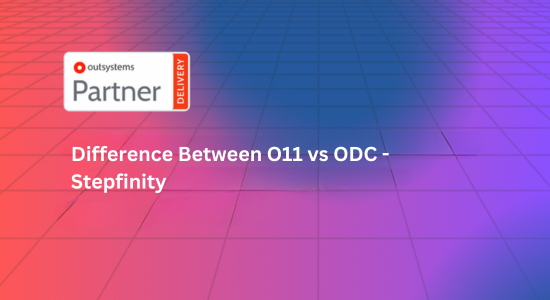In the realm of OutSystems development, collaboration stands as a cornerstone for success. As projects grow in complexity and scope, the need for cohesive teamwork becomes paramount. Implementing effective collaboration practices not only accelerates development but also ensures the delivery of high-quality applications. Here are key strategies to optimize collaborative OutSystems development:
1. Establish Clear Objectives and Roles: Begin by defining clear project objectives and assigning roles within the team. Each member should understand their responsibilities, ensuring alignment towards shared goals. Outline the project scope, timelines, and expected outcomes to maintain focus and direction.
2. Embrace Agile Methodologies: Adopt agile methodologies like Scrum or Kanban to promote iterative development and continuous improvement. Break down tasks into manageable chunks, conduct regular sprints, and hold frequent stand-up meetings to track progress and address challenges promptly.
3. Utilize Version Control and Collaboration Tools: Leverage version control systems like GIT and collaboration platforms such as Jira, Trello, or Asana to facilitate seamless collaboration. These tools allow team members to track changes, manage tasks, and communicate effectively, fostering transparency and efficiency.
4. Foster Open Communication: Encourage open and transparent communication among team members. Regular meetings, both virtual and in-person, facilitate discussions, idea-sharing, and problem-solving. Utilize communication channels like Slack or Microsoft Teams for real-time exchanges and quick decision-making.
5. Implement Code Review Practices: Incorporate robust code review practices within the team. Conduct peer reviews to ensure code quality, adherence to best practices, and knowledge sharing among developers. This collaborative approach enhances code reliability and maintains consistency across the project.
6. Document and Share Knowledge: Create a centralized repository for documentation, guidelines, and best practices. Documenting processes, solutions, and lessons learned ensures knowledge sharing and serves as a valuable resource for the team, especially for new members joining the project.
7. Emphasize Continuous Learning: Encourage a culture of continuous learning and skill enhancement. Organize training sessions, workshops, or knowledge-sharing sessions to stay updated with the latest OutSystems features, best practices, and industry trends.
8. Celebrate Successes and Learn from Failures: Acknowledge and celebrate milestones and achievements as a team. Similarly, analyze and learn from failures or setbacks to improve processes and prevent similar issues in the future.
By implementing these collaborative practices, OutSystems development teams can streamline workflows, boost productivity, and deliver high-quality applications efficiently. Collaboration fosters innovation, enhances problem-solving, and ultimately leads to the successful development and deployment of robust applications that meet and exceed user expectations.








